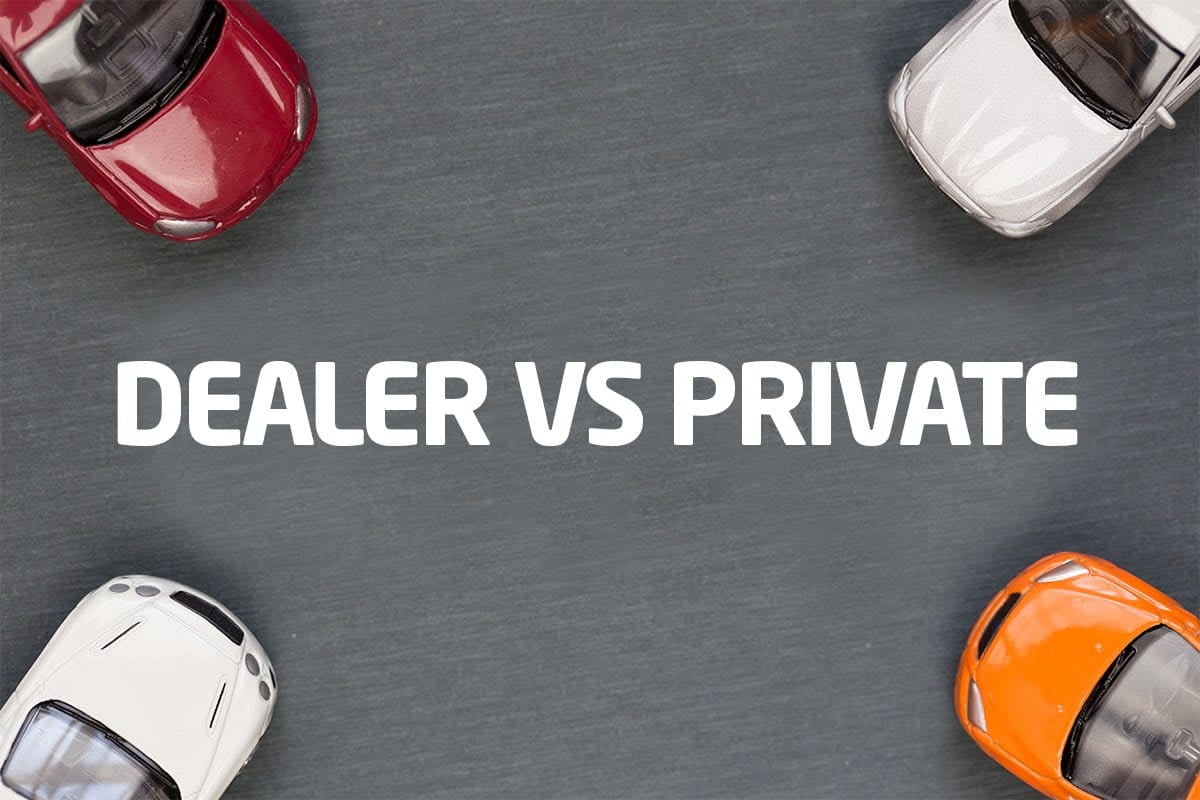Buying a car is a big decision—not just about the make and model, but also where you buy it. Two main paths dominate the market: buying from a dealership or purchasing from a private seller. Each option has its pros and cons, and the right choice depends on your priorities, budget, and risk tolerance.
Here’s a breakdown of both approaches to help you make an informed, people-first decision.
Buying from a Dealership
Dealerships offer structure, convenience, and consumer protections. But you’ll often pay a premium for that peace of mind.
Pros:
- More Legal Protections
Dealerships are licensed businesses bound by state laws. That means clear documentation, more accountability, and consumer protection laws that often don’t apply to private sellers. Many states even require dealers to offer limited warranties or inspection reports. - Financing Options
Unlike private sellers, dealerships can connect you with financing—either in-house or through partner lenders. This makes it easier to buy without having to arrange a bank loan in advance. - Vehicle History and Certification
Most dealerships offer vehicle history reports, and many have certified pre-owned (CPO) programs. CPO cars undergo thorough inspections and come with warranties—great for peace of mind. - Trade-Ins
Need to get rid of your current car? Dealerships will often apply your trade-in as a down payment, simplifying the buying process.
Cons:
- Higher Prices
All that convenience comes at a cost. Dealership prices are typically higher than private sales because of overhead, warranties, and the need to turn a profit. - Add-Ons and Upsells
Be prepared for sales pitches on extended warranties, protection plans, and other extras—some useful, some not. - Potential for Pressure
While not true of every dealership, some sales staff use high-pressure tactics. It’s important to go in prepared and confident.
Buying from a Private Seller
Buying directly from an individual can save you money—but it also comes with more risk and responsibility.
Pros:
- Lower Prices
Private sellers aren’t running a business, so there’s usually more room for negotiation. You’re also avoiding dealership markups and extra fees. - Less Sales Pressure
Most private sellers just want to sell their car and move on. You’re less likely to face pushy sales techniques or unnecessary upselling. - More Room to Negotiate
Individuals are often more flexible on price, especially if they need to sell quickly. You may be able to get a better deal with good timing and communication.
Cons:
- No Warranty or Protection
Private sales are typically as-is, meaning once the transaction is done, any problems are your responsibility. If the car breaks down the next day, you’re on your own. - No Financing Help
You’ll need to arrange your own financing or pay in cash. This can be limiting, especially if you’re trying to manage monthly payments. - Potential for Scams or Hidden Issues
Without the structure of a dealership, you must do your due diligence—get a pre-purchase inspection, verify the title, and check the vehicle history yourself. It’s easy to miss red flags if you’re not careful.
Which Option Is Best for You?
The right choice comes down to what matters most to you.
Choose a Dealership if:
- You want peace of mind with a warranty or certified vehicle
- You need financing options
- You value convenience and legal protection
- You’re trading in your current car
Choose a Private Seller if:
- You’re looking for a better deal and can pay cash
- You’re comfortable doing your own inspections and research
- You want to avoid dealership fees and markups
- You’re experienced and confident in evaluating cars
Tips for Any Car Purchase
Regardless of where you buy, a few principles apply:
- Always get a pre-purchase inspection by a trusted mechanic
- Request a vehicle history report (Carfax or AutoCheck)
- Verify the title and ownership—especially in private sales
- Take the car for a test drive in varied conditions
- Read all contracts carefully before signing anything
And remember: whether you’re buying a compact commuter or a luxury car like the Audi A5, doing your homework up front is what protects your wallet in the long run.
Final Thoughts
There’s no one-size-fits-all answer. Dealerships offer structure, reliability, and support—but at a cost. Private sellers can provide savings and flexibility—but with more risk and responsibility.
If you’re new to car buying, or need financing and peace of mind, a dealership may be your best bet. If you’re budget-conscious, experienced, and willing to put in the extra work, a private seller could save you thousands.
Either way, the key is preparation. Know what you’re looking for, do your research, and don’t rush the process. The right car—and the right way to buy it—is out there.





























